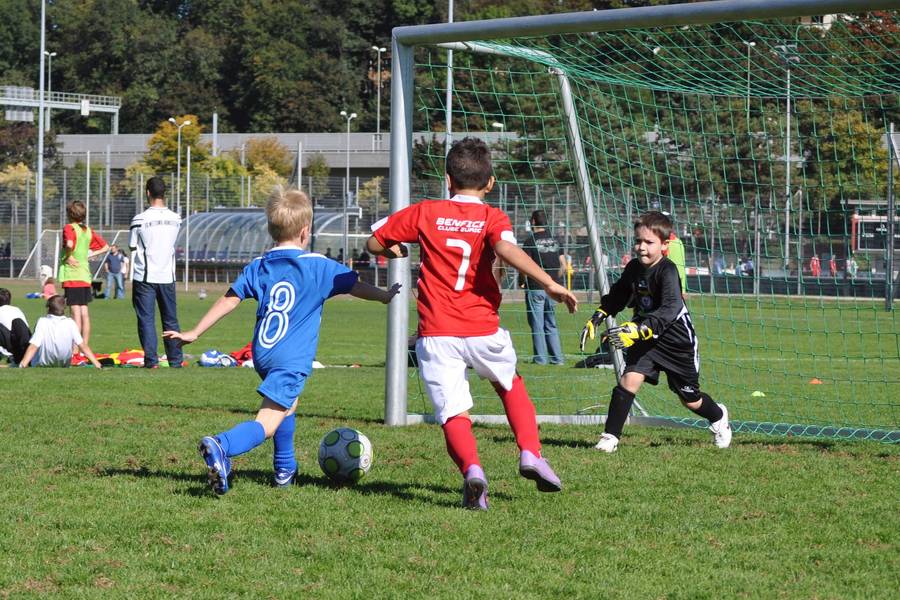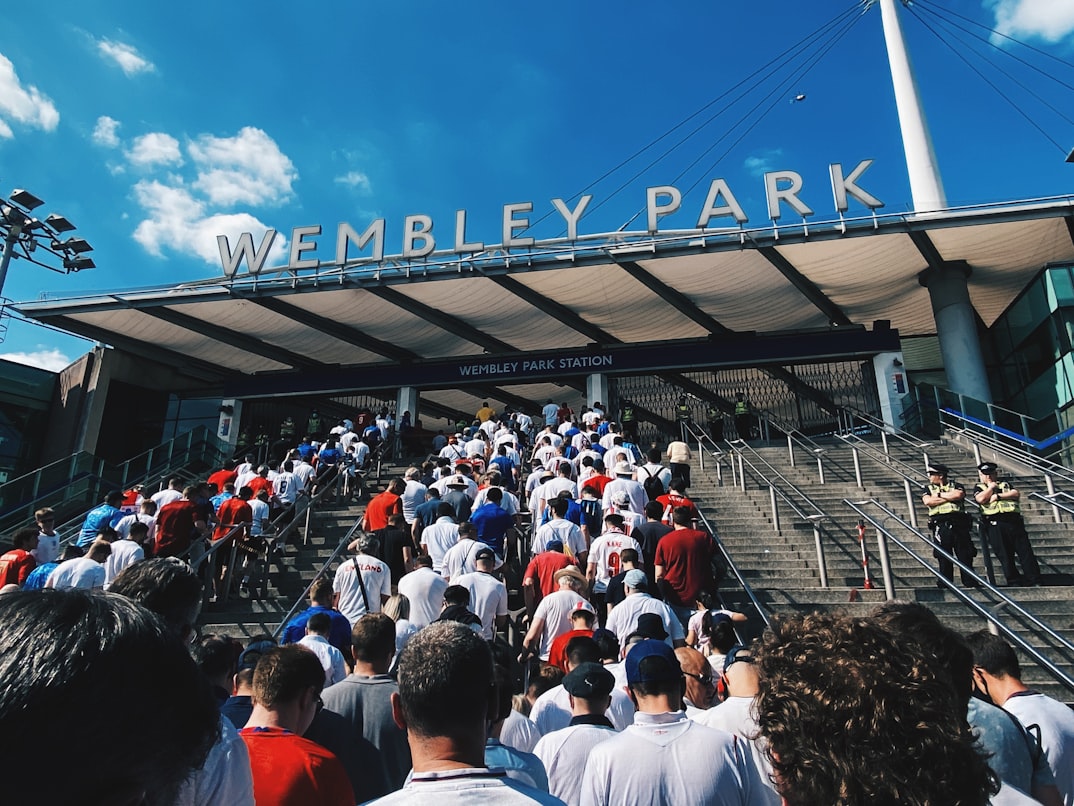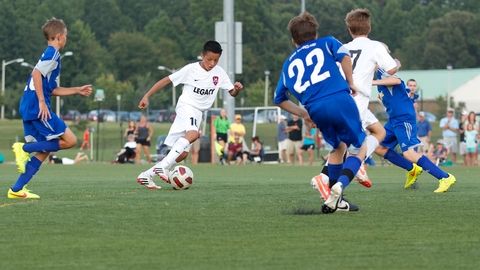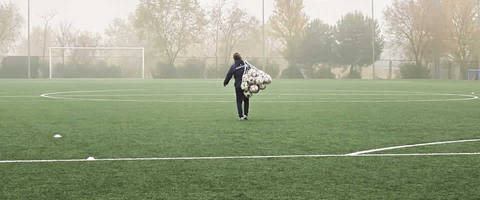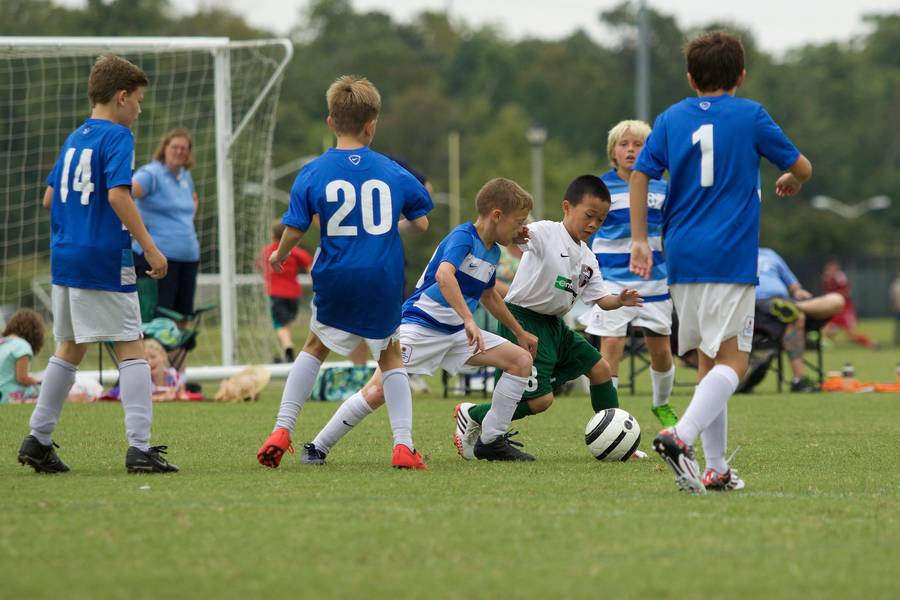One of the main talking points of the opening of the 2023/24 football league season has been the new rules over how much injury time should be added at the end of a half. Referees have been encouraged to add additional minutes when the ball is out of play, leading to scenarios where we see over 15 minutes of injury time at the end of games. The idea was first trialled at the 2022 FIFA World Cup, but it now seems to set to become the standard across the professional game. We are used to terming football as 90 minutes, but the new rules set to make it a game of 100 minutes as the standard.
To say the players and managers have been critical of the idea is something of an understatement. Pep Guardiola, whose Manchester City side conceded a goal in the 101st minute in the Community Shield, was one of the most vocal critics, sarcastically calling the lawmakers “Big Brains” for not consulting the players and coaches on the issue. Raphael Varane also weighed in, saying the committees did consult but did not listen to the concerns of players. Across an entire season, it might add to an extra half dozen’s worth of games for some players.
Authorities claim extra injury time is fairer
“We are going to get used to it” said Arsenal manager Mikel Arteta after the Community Shield. But should all levels of football be looking at the idea? One would argue that the answer should be no. The idea of more injury time to reflect the amount of time the ball has not been in play is purported to be a fair one. And you can see some of the wisdom in that. After all, how many times have fans been annoyed at opposing players wasting time by feigning injury?
And yet, this idea is also about football as a product. Would it be altogether surprising to see a future where a short break is given to players after 90 minutes have passed on the clock, then the period of extra injury time can resume? Might television broadcasters try to stick in some adverts during that break? All hypothetical, of course. But top-level football is about money, and money is one of the reasons behind this move.
The game is starting to change
It’s worth noting that the game itself will change with the extra time. Football betting experts who use statistics have been pointing out that this will naturally lead to more goals per game, more corners, and more cards. Some of this data has been borne out in the early part of the season already, but it is too soon to tell how significant it will be. We should also point out that it may impact fans getting to and from the games.
Most grassroots football competitions don’t use 90 minutes, of course. But it would be a mistake to follow this pattern of adding extra minutes. For a start, while the issues of time wasting exist, they are certainly not as prevalent as in the upper levels of football. There may be a Neymar wannabee in your local team, but the play-acting is usually kept to a minimum.
Perhaps more importantly, however, the criticisms cited by the professional players are still valid at the grassroots level. Too many minutes can lead to players becoming burned out, and studies have shown that they can be more susceptible to injury. If a Premier League player gets injured, their club will ensure that they still earn a (wonderful) living. But grassroots players will not have that luxury. An injury can mean missed time at work, school, or college. There is no safety net.
Sure, everyone wants the game to be fair. And football is better when the ball is in play for as long as possible. But grassroots football is not a product to be marketed in the same manner as Premier League football. The “Big Brains” have decided to do this without the blessing of the players and managers, or fans for that matter, and it’s not quite clear whether it will stay. But like VAR and other modifications to the beautiful game, any attempt to extend the game time for grassroots football should be refuted. Grassroots football is about development, not marketing or wringing the maximum possible value out of the players.



